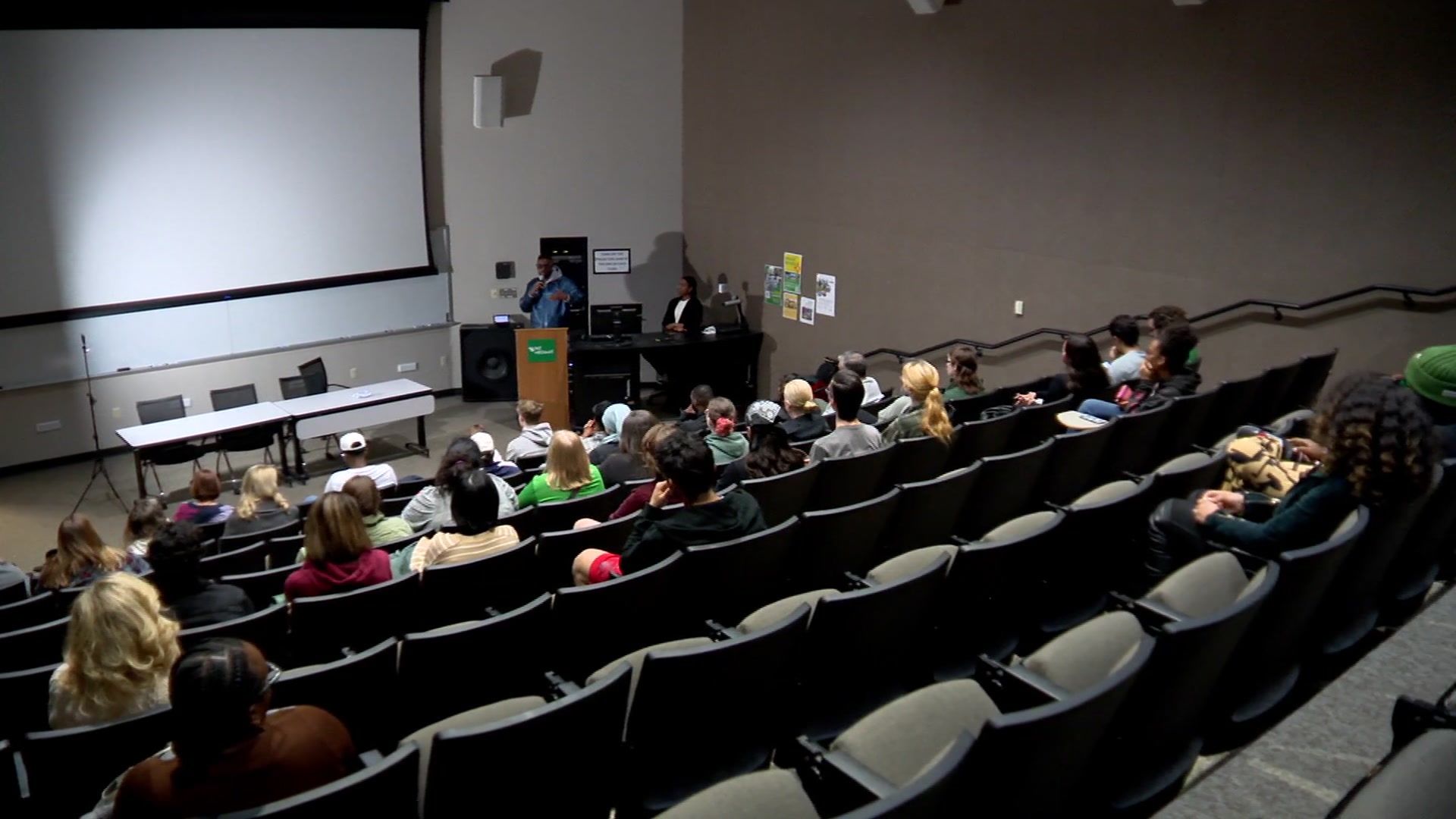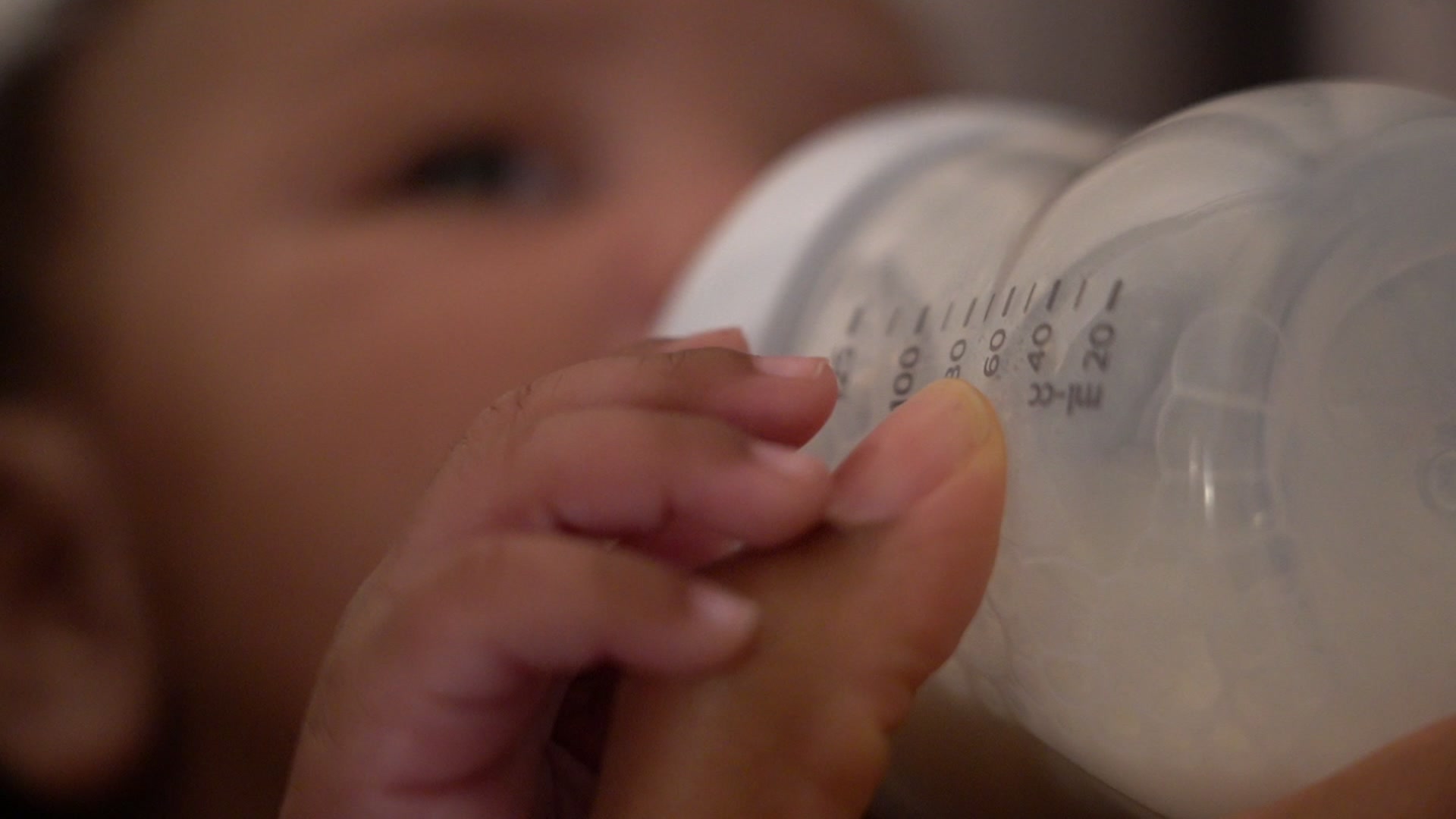Zelle, a digital service used by millions of people to transfer money, is a tool now being used by hackers to steal money. One of the more recent victims is 17-year-old KJ Debela.
Debela loves video games. But this kid also has range, playing drums with the Salvation Army band and volunteering on weekends.
"He's a great kid, he's fun loving. Generous too. He's kind-hearted. Just an all around good teenager," his dad said.
When KJ's father noticed money pouring into his normally empty bank account, he knew something was up.
"He was like, 'Do you know how much money is in your bank account?' And I was like, 'No.' And he showed me and I was like, 'What the heck,'" KJ said.
It's a mystery because suspicious checks made out to KJ were deposited from a business in a Chicago suburb -- the Malnati Organization, where KJ never worked.
The Malnati pizza company confirmed it, too, was a victim of this ruse, and said the checks were bogus.
Local
The latest news from around North Texas.
Four checks, $1,700 in all, were deposited into KJ's account at four different Chase banks.
"I told them I am 100% sure this account is being compromised, and to, you know, stop any activities, any monies being deposited or taken," Debela said.
But it was too late.
The crooks used the balance created by the bogus checks to send themselves money via Zelle.
When the checks bounced, KJ was left in the hole.
"It was like negative $2,000. I had like $10 in there," KJ said.
A good chunk of the mysterious money was drained from his account via Zelle, the peer-to-peer money transfer service.
For example, one transaction sent $690 from KJ's account to someone named Mariah.
It's an issue NBC 5 Responds has covered before.
Bank customers told NBC 5 Responds they lost thousands after thieves somehow accessed their Zelle accounts.
Known for its speed, the features that make Zelle so appealing to consumers also make it irresistible to hackers, who are in and out before users know what hit them, experts said.
"I never heard of it until I got hacked," KJ said.
Meanwhile, KJ's dad filed a claim with Chase bank, which denied it, twice.
They also tried reporting the crime.
"The police told me they can't investigate something Chase says it legit. So I was at a loss. That's why we decided to, you know, call NBC," KJ's father said.
But Chase changed it's tune after our sister investigative team in Chicago got involved.
A few days later, Chase told NBC 5 Responds, "based on new information" it was "able to provide (KJ) a credit of $2,186.30."
That wiped out the debt.
After the original story aired, Chase provided following statement.
"Our research confirmed that all the withdrawals passed multiple security measures, including a confirmation code sent by email, and chip-embedded debit card transactions with no PIN errors. We decided, however, to credit the amount because of the longtime relationship with this customer's family."
Zelle said it worked with partner banks to investigate reports of unauthorized activity. In some cases that means shutting off the ability to send or receive money to phone numbers and emails involved.



